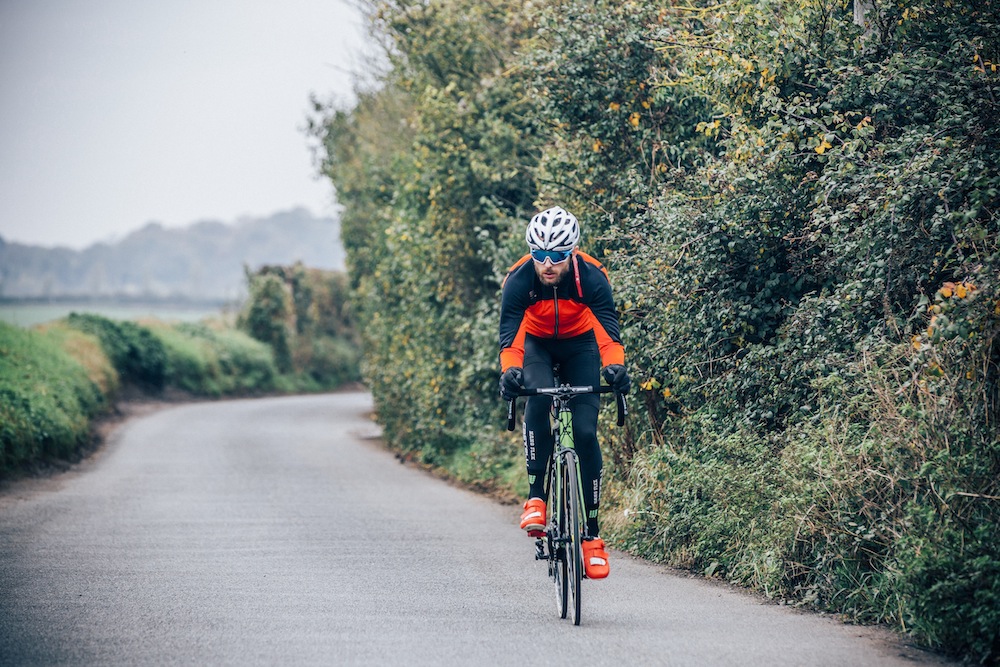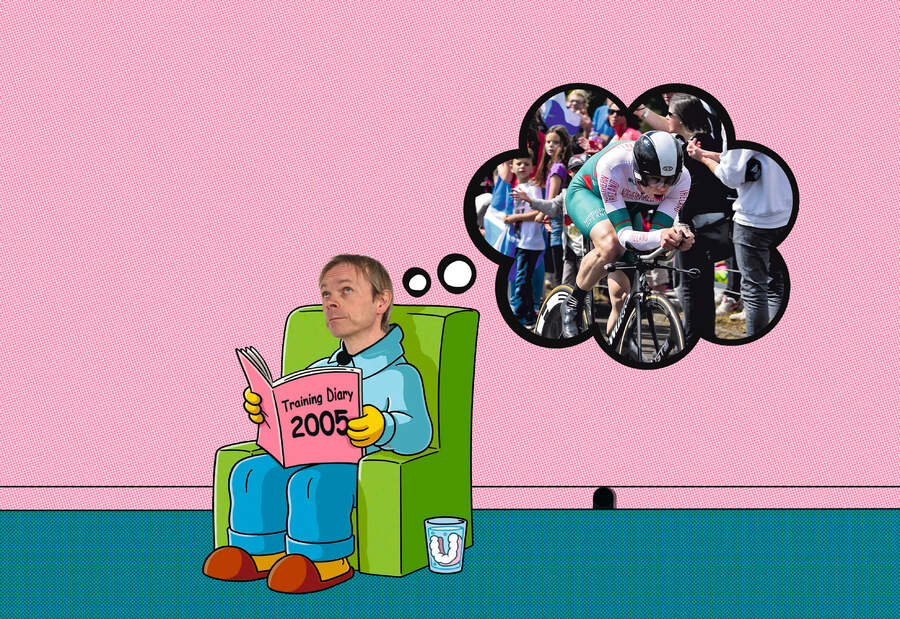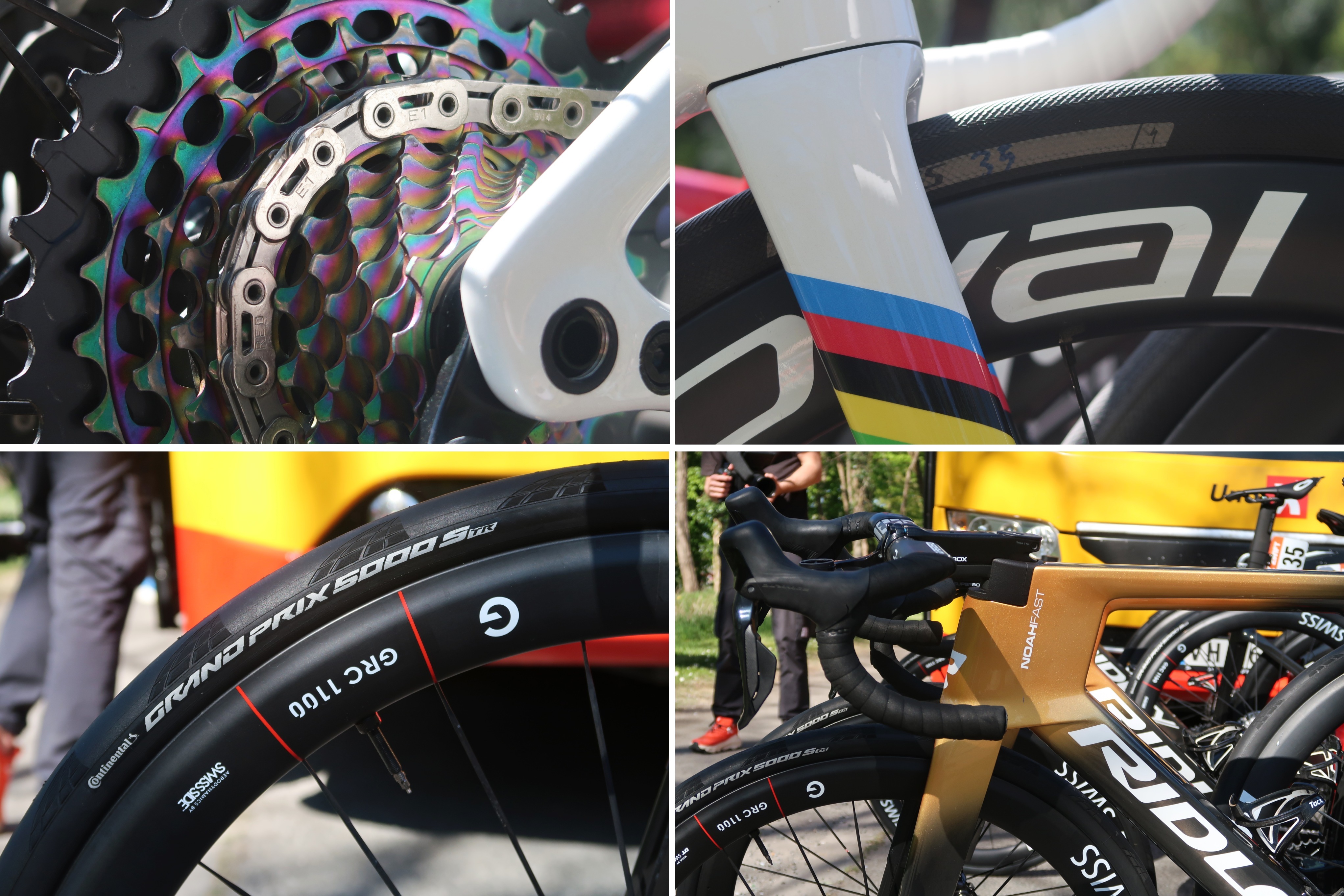Top cycling training myths to avoid (video)
There is an abundance of training theories that have been banded around over the years, but it is important to separate the fads from the facts.

Separating the golden training secrets from the trash can be a tricky thing to do, especially with years of theories, methods and tricks passed down from previous generations.
Here are some of the most common trends that may not be as bad as you first thought.
Strength training is bad for cyclists
A number of cyclists fear the thought of pumping iron in a gym, not just because it is far away as possible from the freedom of the open road.
But also because it is wrongly assumed that strength training will automatically lead to unnecessary weight gain, which could skew a rider’s power to weight ratios.
However this isn’t true, with a structured strength training routine leading to increased power and stability whilst on the bike, especially if you hone your focus on exercising your lower body and core muscles.
Eating is cheating
Get The Leadout Newsletter
The latest race content, interviews, features, reviews and expert buying guides, direct to your inbox!
You may well have heard this statement before heading out for a binge drinking session on a Saturday night. But it is also commonly used phrase among cyclists when trying to shift weight.
In spite of this the time to cut back on food isn’t when you are about to hit the road, where every ounce of energy is sacrilege.
Being under fuelled isn’t going to be beneficial in the long run, as you wont be able to push as hard when it really matters and will consequently lead to fewer calories being burnt.
Long winter rides are essential
It has long been assumed that grinding away for hours on end in the winter months is the way to success for a thriving cycling season. However these time sapping rides aren’t always the best use of time and effort.
Implementing shorter and more intense rides such as interval sessions, will not only give you more bang for your buck but also be much appreciated in the shorter days in the winter months.
Riding at a single slow and steady speed over the winter months will usually lead to similar racing efforts.
You need to log data from every ride
The belief that if you didn’t post your ride online, then it never happened has become a common mantra among cyclists.
>>> Should you always ride with data?
But bowing down to data isn’t the only way you can train, despite the rise of heart rate monitors and subsequently power meters as the number one training analysis tool.
Riding on feel is still a highly useful way to train, without the need of splashing the cash. Establishing your riding effort on how your body reacts to certain situations – such as how easy it is to talk - can still be extremely useful.
If your technology fails you out on a ride, it is handy to know that you can still get a decent session in just by just listening to your body.

Thank you for reading 20 articles this month* Join now for unlimited access
Enjoy your first month for just £1 / $1 / €1
*Read 5 free articles per month without a subscription

Join now for unlimited access
Try first month for just £1 / $1 / €1
Paul Knott is a fitness and features writer, who has also presented Cycling Weekly videos as well as contributing to the print magazine as well as online articles. In 2020 he published his first book, The Official Tour de France Road Cycling Training Guide (Welbeck), a guide designed to help readers improve their cycling performance via cherrypicking from the strategies adopted by the pros.
-
 The thing that bothers me most when I look back at old school training is that right now we’re doing something equivalently misguided
The thing that bothers me most when I look back at old school training is that right now we’re doing something equivalently misguidedOur columnist's old training diaries reveal old-school levels of lunacy
By Michael Hutchinson Published
-
 Aero bikes with gravel wheels?: Six tech insights from Paris-Roubaix Femmes
Aero bikes with gravel wheels?: Six tech insights from Paris-Roubaix FemmesEverything we found out about tyre widths, self-inflating systems, and wheel choices from the cobbled Monument
By Tom Davidson Published